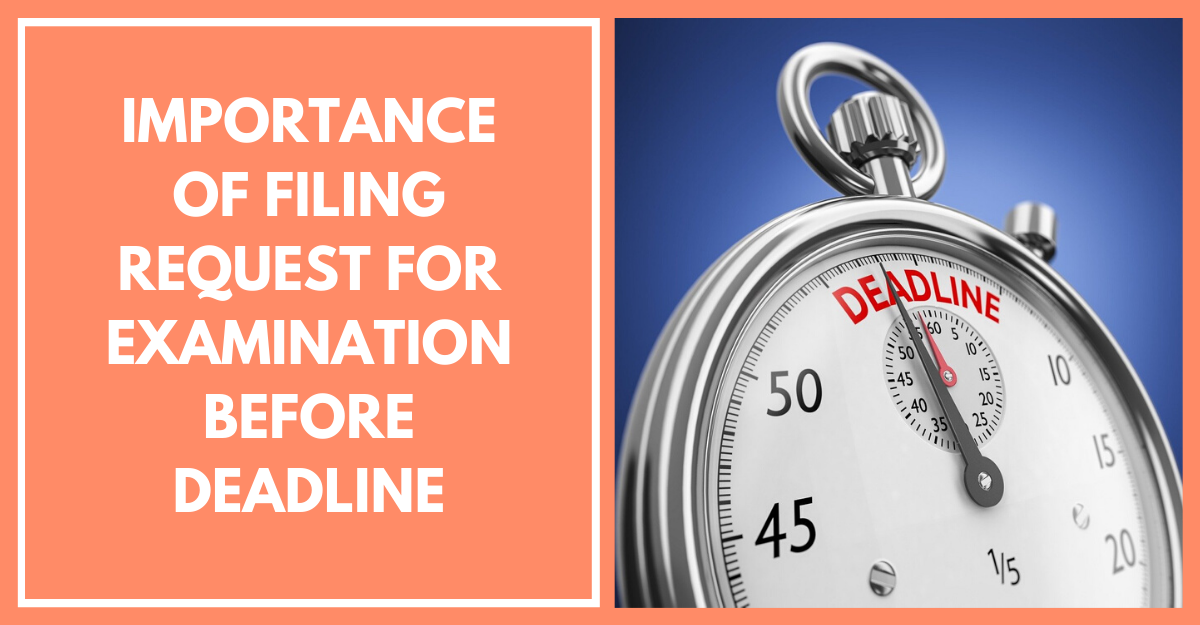In India, the patent examination is the next important step after the publication of a patent application. The procedure for patent examination is not automatic, as the applicant or any other person interested needs to file a request for examination within 48 months from the date of priority or date of filing (whichever is earlier). Missing the deadline for filing the examination request may result in the patent application being treated as withdrawn.
In the case of Sphaera Pharma Pte. Ltd. and Anr. v. Union of India, the Delhi High Court clarified that the Patents Act, 1970 (the Act) does not condone the delay in filing a request for patent examination beyond the prescribed period of 48 months.
Facts and Arguments of the case
Sphaera Pharma, the Petitioner, filed an Indian Patent Application (3114/DEl/2012) with the Indian Patent Office on 5th October 2012 for some new compounds which they claimed was useful in the treatment of cancer. Subsequently, the Petitioner filed a Patent Cooperation Treaty (PCT) application (PCT/IN2013/00607) claiming priority based on the earlier Indian Patent Application. The Petitioner then filed a PCT National Phase application (No. 3584/DELNP/2015) titled “New compounds their synthesis and use”. A request for patent examination had to be filed within a period of 48 months from the initial date of filing of the Indian Patent Application filed on 5th October 2012 (No. 3114/DEl/2012). Therefore, the last date for filing the request was 5th October 2016.
The Petitioner missed the deadline and filed Form 30 in respect of this application for taking on record its request for examination. However, due to some technical error, the request did not get uploaded. Due to this, the status of this patent application is shown as “Application abandoned under Section 11B” on the website of the Indian Patent Office. The Petitioner filed a request with the Patent Office to review its application. This petition was rejected by the Patent Office, prompting the Petitioner to file a writ petition before the Delhi High Court for restoring their application.
The contention of the Petitioner was that even though they had not made the request within the prescribed period, the Controller of Patents under Rule 138 of the Patent Rules, 2003 had the power to give an extension of 1 month over the prescribed period in some instances.
Indian Patent Law
Section 11B of the Patents Act, read with Rule 24B of the Patent Rules, provides that the request for examination of a patent application must be made within a period of 48 months from the date of filing of the application, or the date of priority (whichever is earlier). If the request is not made within this prescribed period, it will be deemed that the application has been withdrawn by the applicant and will not be examined.
Summary of the Court’s Judgment
By a plain reading of Section 11B read with Rule 24B, the Court held that it was clear there was no scope for considering a request for examination of the patent application, which is filed after the prescribed period of 48 months from the date of filing of the application. Further, the contention of the Petitioner that Rule 138 empowered the Controller of Patents to provide an extension was rejected by the Court. The Court stated that Rule 138 (1) clearly indicated that the power to extend the time does not apply to Rule 24B as sub-rules (1), (5) and (6) of Rule 24B are expressly excluded.
Further, the Court stated that even otherwise, Rule 138 (2) allowed for the extension of time only when the request for an extension was made before the expiry of the prescribed period of 48 months. In the present case, the Petitioner had not done this. In its conclusion, the Court referred to the 2011 case Nippon Steel Corporation v. Union of India in which there was an error in entering the date of priority of the patent application. It reiterated the position that the time period prescribed by the Act was not a directory but mandatory in nature and that it cannot be relaxed under any circumstance. The relevant portion of that judgment is reproduced below –
“There is a logic to the time limits set out under the Act. The scheme of the Act and the Rules require time-bound steps to be taken by applicants for grant of a patent at various stages. The provisions of the Act and the Rules have to expressly reflect the legislative intent to permit relaxation of time limits, absent which such relaxation cannot be read into the provisions by a High Court exercising powers under Article 226 of the Constitution. In other words, this Court can’t accept the submission of the learned Senior counsel for the Petitioner that the time-limits under Section 11-B(1) of the Act read with Rule 24-B of the Rules, notwithstanding Section 11- B (4) of the Act, are merely directory and not mandatory. In fact, the wording of Section 11-B (4) of the Act underscores the mandatory nature of the time limit for filing an RFE in terms of Section 11-B (1) of the Act read with Rule 24-B of the Rules.”
Conclusion
The above case reiterates the importance of filing the request for examination within the stipulated time. The prescribed time period of 48 months from the date of application or priority date cannot be extended irrespective of technical errors in uploading the request, wrong entry of priority date, or for any other reason. If the request is not made within that period, then the application is deemed to be withdrawn. Therefore, it is best to be mindful of this time limit, make the request well beforehand, and do the necessary follow-up work.
You may also interested to read the below articles
Patent Examination Procedure in India
Fast Track/Expedited Patent Examination in India
Understand The First Examination Report (FER) Of Your Patent Application
Procedure To File Response To Your Patent First Examination Report




